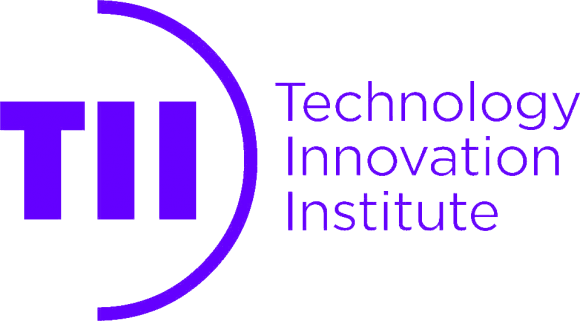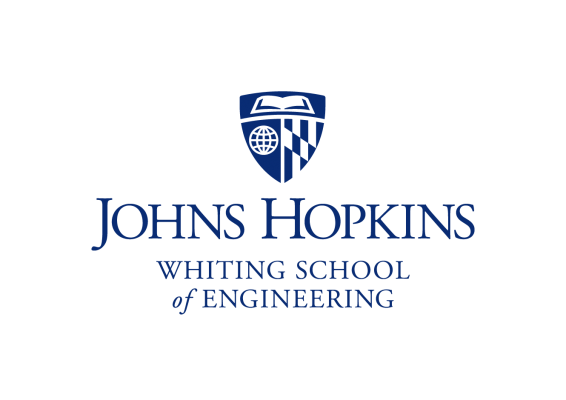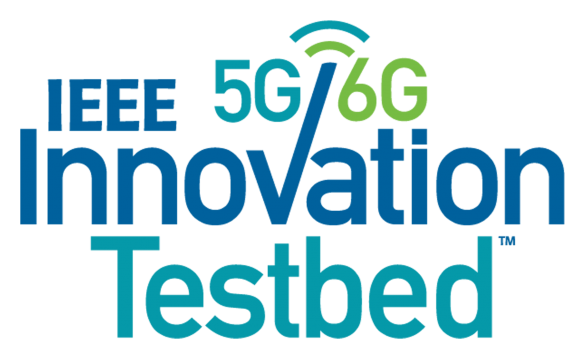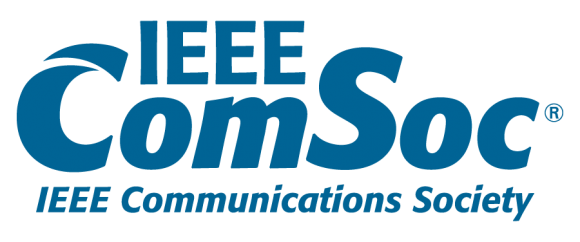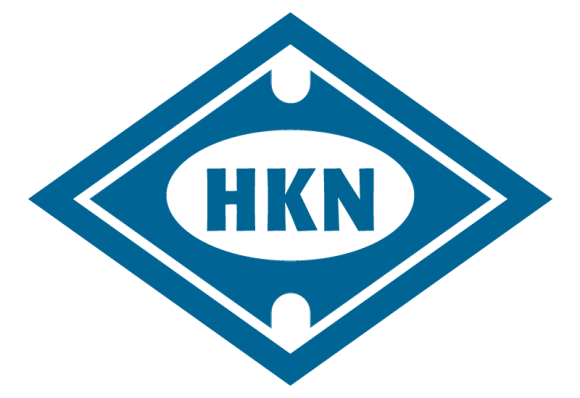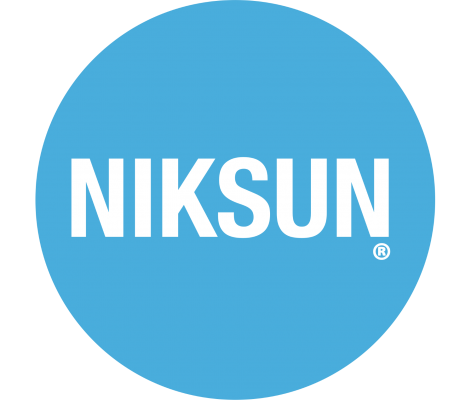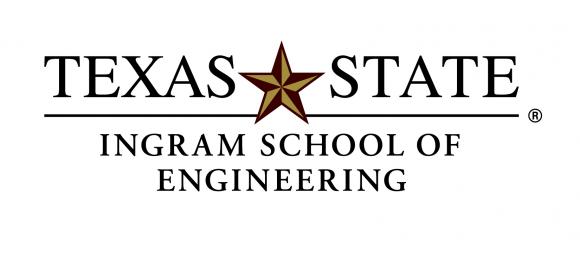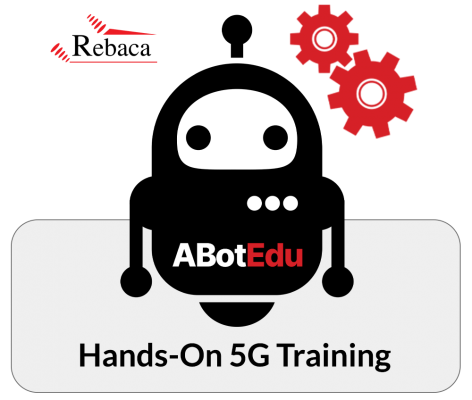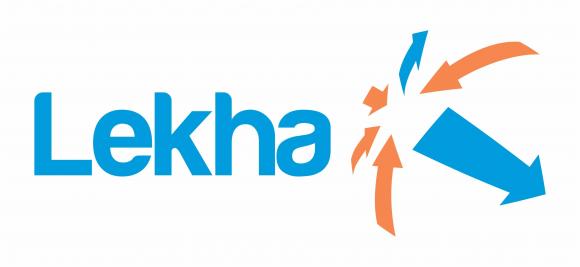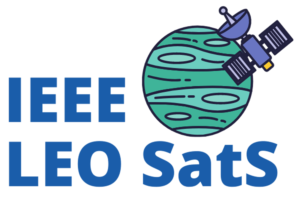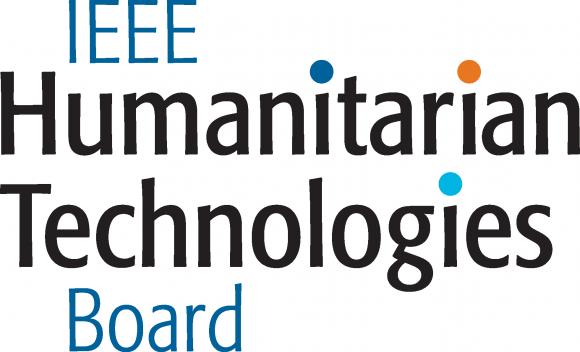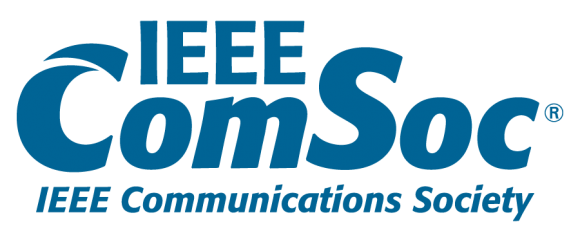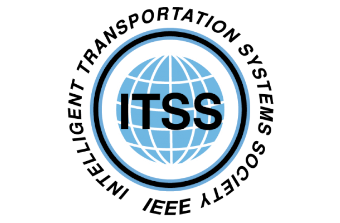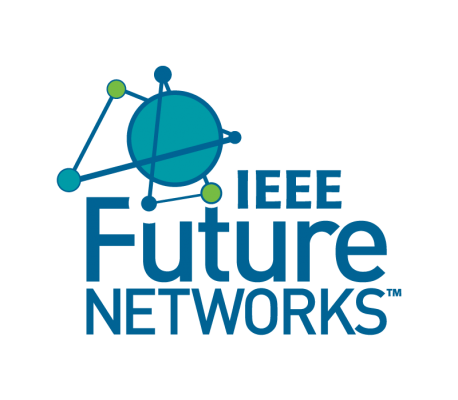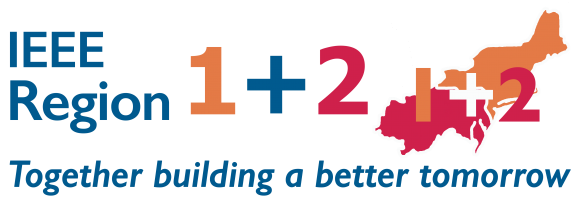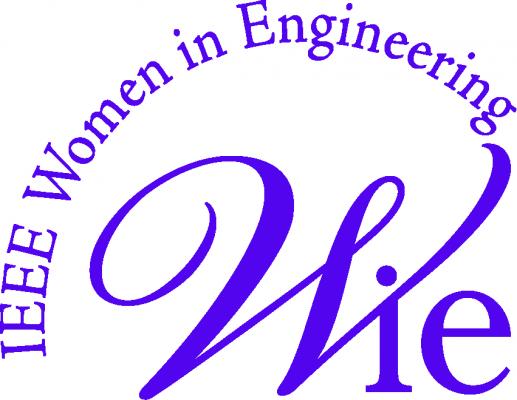PRESENTER
- Taesang Choi, ETRI (Electronics and Telecommunications Research Institute)
- Sejun Song, Department of Computer Science & Electrical Engineering School of Science and Engineering, University of Missouri-Kansas City
SCOPE
Future Networks in 5G/6G will continue to expand in scale, complexity and interconnectivity, and will be highly shaped by distributed systems that serve various use cases that go beyond current use cases like mMTC and URLLC. This will be coupled with an increasing demand for autonomy in self-provisioning and self-management, network interoperability, and service federation on a very dynamic flexible way. Requirements on systems-of-systems architectures will become more relevant as multiple autonomous/semi-autonomous systems/networks (AN) adaptively seek to operate and interact with their peers. Federated Distributed Open Platforms (DOPs) as peers for cross-industry sectors end-to-end (E2E) services innovation and delivery agility can meet such requirements. The DOPs should be formed by way of federations of ICT network facilities and assets that are owned by various sectors (including public sector ICT infrastructures, enterprise/private ICT infrastructures, government owned infrastructures, research institutes, and other stakeholders). The use of federation and associated mechanisms is a promising technology for interconnecting systems, innovation and service delivery by the federating AN systems; and allowing asset sharing and extending traditional eco-systems and value-chains with further resources and stakeholders. In this tutorial, we first examine various challenges for such multi-ANs federation. We then exlain existing and developing solutions ranging from standards, open source tools, and R&D solutions. Finally, we introduce our R&D proof of concept solution, AgileAFP: ML-enabled Agile Private/Public 5G/B5G Service and Network Autonomic Federation Platform with a real-world private and public ITS (Intelligent Transport System) federation use case.
SHORT BIO
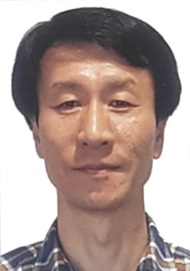 Taesang Choi is a Principal Engineering Staff in ETRI, having joined the institute in 1996 after research and development careers on network and service management of telecommunications during his Ph.D studies at the University of Missouri at Kansas City. He has successfully managed a number of projects in the area of networking, especially in Internet traffic engineering, measurement and analysis, QoS, SDN, and NFV, autonomic management. He has successfully managed related projects such as OPEN-TAM subproject in ONOS consortium, a Korean government supported project, “Smart Networking Core Technology Development” which addresses SDN/T-SDN/NFV control and management for carrier-grade networks. Currently he is a project coordinator of “Agility” project.
Taesang Choi is a Principal Engineering Staff in ETRI, having joined the institute in 1996 after research and development careers on network and service management of telecommunications during his Ph.D studies at the University of Missouri at Kansas City. He has successfully managed a number of projects in the area of networking, especially in Internet traffic engineering, measurement and analysis, QoS, SDN, and NFV, autonomic management. He has successfully managed related projects such as OPEN-TAM subproject in ONOS consortium, a Korean government supported project, “Smart Networking Core Technology Development” which addresses SDN/T-SDN/NFV control and management for carrier-grade networks. Currently he is a project coordinator of “Agility” project.
He has had substantial experience as an educator, workshop facilitator and public speaker. He has spoken at various regional and international conferences and workshops (NOMS, APNOMS, IM, etc.) as a technical session speaker and tutorial speaker. He has worked as an active organizing committee member and reviewer in a number of conferences, workshops and symposiums. He has also been actively contributed to various standardization organizations and open source communities such as ONF, ETSI NFV-ISG, ITU-T, IETF and ONOS in the area of SDN/NFV management, 5G network management, Internet traffic engineering, Internet traffic measurement and analysis, and Future Internet Management since 1993. His current research interests are autonomic network management and control, and Quantum information technology management and control.
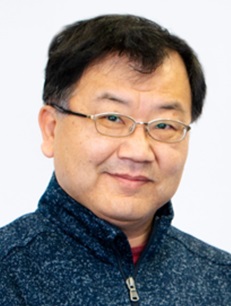 Sejun Song is an Associate Professor in Computer Science and Electrical Engineering at the University of Missouri – Kansas City (UMKC). Song conducts Cybersecurity, Machine Learning, Internet-of-Things, and Mobile and Wireless Communications research projects for transportation, smart agriculture, smart cities, and eHealth applications. Song received his Ph.D. in Computer Science and Engineering from the University of Minnesota, Twin Cities, in 2001. He worked for Texas A&M University, College Station (TAMU), as an assistant professor and a founding director of the Cisco Test Engineering Center (Cisco-TEC). Before joining academia, Song worked in industries including Cisco Systems and Honeywell Research Lab. He is a recipient of the Center for Teaching Excellence Scholar for excellence in undergraduate teaching, a Faculty Teaching Excellence Award, a NASA Summer Fellowship Award, Air Force Research Lab's Visiting Faculty Research Fellowship Awards, a Cisco Summer Fellowship Award, and several best research video/paper awards including CCNC 2019, ISC2 2018, Mobisys 2014, ICCCN 2014, and CIEC 2013. Several agencies have funded his research, including NSF, AFOSR, Cisco Systems, ETRI, NIST, AFRL, NASA, NIH, CDC, TAMU, KT Research, and MoDoT.
Sejun Song is an Associate Professor in Computer Science and Electrical Engineering at the University of Missouri – Kansas City (UMKC). Song conducts Cybersecurity, Machine Learning, Internet-of-Things, and Mobile and Wireless Communications research projects for transportation, smart agriculture, smart cities, and eHealth applications. Song received his Ph.D. in Computer Science and Engineering from the University of Minnesota, Twin Cities, in 2001. He worked for Texas A&M University, College Station (TAMU), as an assistant professor and a founding director of the Cisco Test Engineering Center (Cisco-TEC). Before joining academia, Song worked in industries including Cisco Systems and Honeywell Research Lab. He is a recipient of the Center for Teaching Excellence Scholar for excellence in undergraduate teaching, a Faculty Teaching Excellence Award, a NASA Summer Fellowship Award, Air Force Research Lab's Visiting Faculty Research Fellowship Awards, a Cisco Summer Fellowship Award, and several best research video/paper awards including CCNC 2019, ISC2 2018, Mobisys 2014, ICCCN 2014, and CIEC 2013. Several agencies have funded his research, including NSF, AFOSR, Cisco Systems, ETRI, NIST, AFRL, NASA, NIH, CDC, TAMU, KT Research, and MoDoT.



